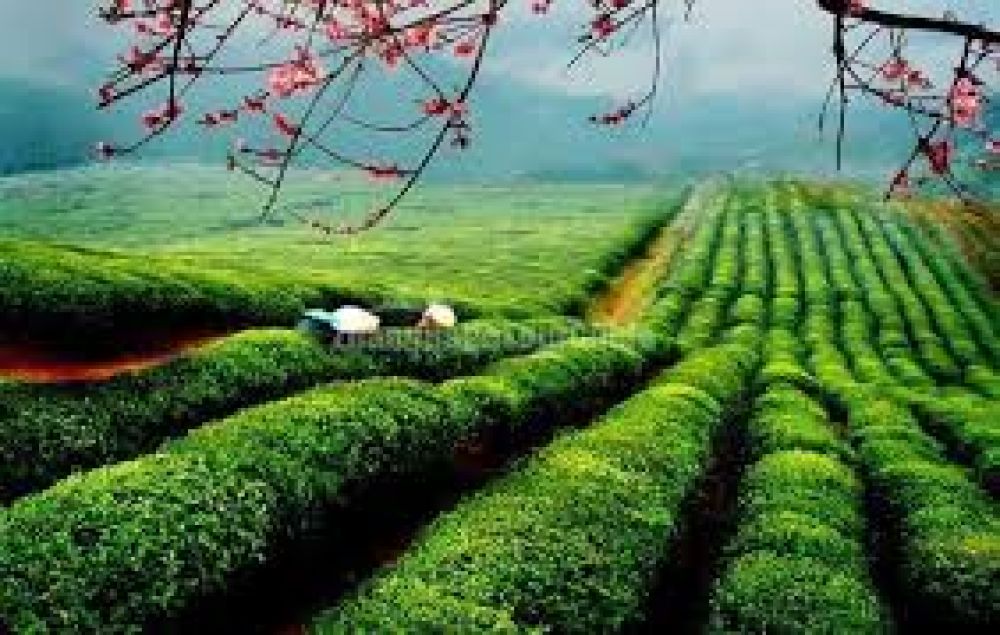

Hangzhou, the capital city of Zhejiang Province in China, is renowned for its historical relics and natural beauty. Among its many attractions, the Longjing Tea Plantations have become a central part of the region's tourism tapestry, attracting visitors from across the globe.
Longjing, also known as Dragon Well tea, has a deep historical pedigree that dates back to the time of the Tang Dynasty (618–907 AD). Revered for its high quality, this tea is widely considered one of the best in China. The history of Longjing tea cultivation can be traced back over 1,200 years, a heritage that attributes to its fame today.
Tourism in the Longjing area started to pick up as China began opening its doors to the world in the late 20th century. Regarded as the birthplace of this famous green tea, the plantations have become a symbol of traditional Chinese culture and a mirror reflecting centuries of agricultural sophistication. By the 1980s, as international exchanges increased, so did the fascination for Hangzhou and its legendary tea gardens.
Since then, the Longjing tea plantations have seen a steady growth in popularity. The 1990s and 2000s marked a significant surge in domestic travelers as living standards rose and more people became interested in cultural and heritage tourism. With the growth of China’s middle class, the tea culture and the scenic beauty of the plantations spurred local tourism.
Today, visitors to the plantations can enjoy a tranquil experience strolling through the lush green fields, learning about the meticulous process of picking and roasting the leaves - a method that has been refined over centuries. Tourists can participate in tea-picking activities, especially during the harvest season in early spring when the first flush of young leaves is considered the most precious.
Experiential tourism has emerged as the latest trend in the Longjing tea plantation areas. Travelers are looking for authentic experiences and the plantations are offering more immersive activities. These include tea ceremonies, agritourism where visitors can stay at local farmhouses, and educational tours that delve into the intricacies of tea production.
An increasing emphasis on sustainable tourism practices marks the most recent developments in tourism trends at the plantations. Efforts are being made to preserve both the pristine environment of the region and the centuries-old tea cultivation techniques. Reducing the environmental impact of tourism, promoting organic tea farming, and supporting local economies are at the forefront of these initiatives.
The Longjing Tea Plantations remain a vital part of Hangzhou's charm, offering a window into China's rich traditional past while embracing the changing dynamics of modern tourism. As it continues to draw tourists with its serene beauty and cultural significance, the Longjing tea fields stand out as a timeless heritage and a must-visit destination for tea lovers and cultural enthusiasts alike.